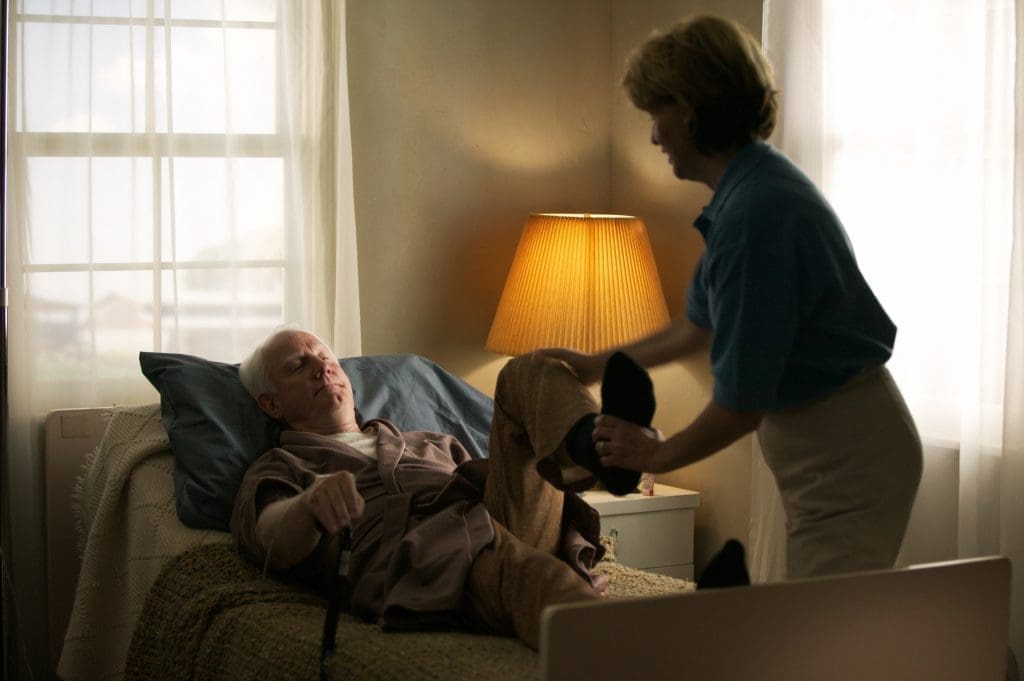Have you noticed the huge change taking place in the way healthcare is delivered today? At Simon Associates Management Consultants, we have. It’s something we’ve been watching for some time because it’s a reflection of the massive shift in the values, beliefs and behaviors of consumers and clinical practitioners at all stages and levels of the care delivery system.
Gone are the days when you went to the doctor and waited in the reception area (often for a long time) to get seen for 10-15 minutes and then were prescribed something by a physician or physician assistant. Now, patients want 24/7 accessibility to someone, but not necessarily in-person or in an office. Furthermore, they want caregivers who can help them stay in their homes, remain active and involved, and help them manage their aging in a positive environment.
At the same time, healthcare payers, from CMS to insurance companies, are pressing hospitals to move their patients into lower cost, better care settings—those very homes where patients are needing new care solutions.
Wow, talk about changing times!
The result? A wave of opportunities for new business models and innovative solutions—an emerging trend which I detail in a recent article I wrote for Hospital Impact.
Connecting those who have a need with those who have solutions
Following the very successful models of Airbnb and Uber, several companies are now offering platforms to connect those who need care with those who are best trained and suited to provide it. As I explain in my article, this innovative use of technology is opening up new, broader and faster solutions that are more in keeping with the accelerating pace of this potentially huge demand.
One San Francisco company that is brilliantly capitalizing on these unmet needs is called Honor, developed after its founder realized that family members could not find the type of in-home care that best suited their needs. With this new, highly-innovative model, patients get experienced, reliable and “vetted” in-home caregivers who help their clients stay active and healthy. Plus, families are technologically kept in touch with their loved ones and their care, giving them peace of mind.
Hospitals are going through massive changes at a time of rising needs by the aging Baby Boomers
If hospitals are smart, these new platforms for in-home care delivery should push them to re-think how they deliver care to their patients post-discharge. Could innovative approaches be right in front of them, waiting to be discovered and put into motion, if only they could see them? Time will tell.
Two more blogs on how to adapt to the massive changes taking place in healthcare
In these two blogs, I talk further about SAMC’s anthropological research into the many ways today’s healthcare consumers are self-designing their care and how this is leading to significant changes in the way healthcare is delivered.
1. What To Do Now That Consumers Are Redesigning Their Own Healthcare Solutions?
2. What Is Being Done To Help Patients Stay Safe And Get Well At Home?
Could similar research help your business, revealing problems, solutions and possibilities for growth? Give us a call for a complimentary consultation.We’d love to talk with you.



